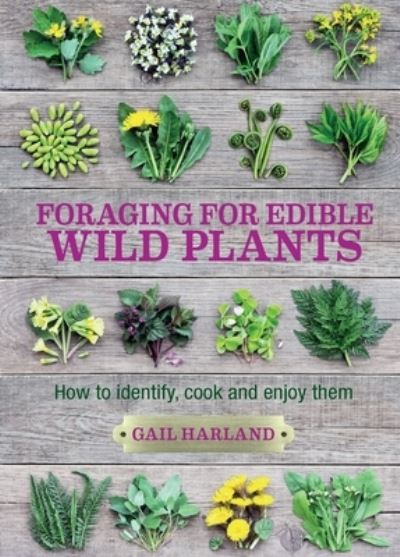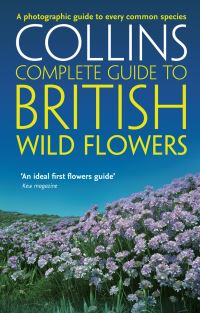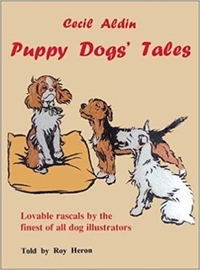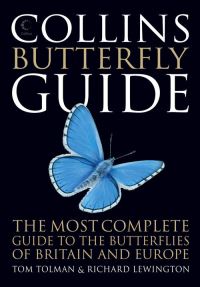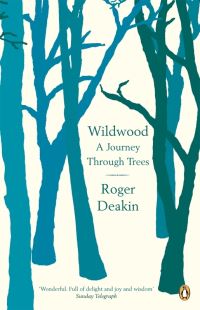Description
Foraging for Edible Wild Plants is a practical and attractive guide to the many edible varieties of wild plant that grow all around us. Â It will appeal to gardeners, botanists, cooks and foragers, and to anyone who wants to control invasive plants and weeds in eco-friendly ways.
Wild plants have many virtues. They are:Â
- Valuable for wildlife and beneficial insects.
- Good for the soil – locking in nutrients
- Helpful in the accumulation of trace elements in soil
- Hosts for essential mycorrhizal fungi underground
- Interesting and unusual ingredients in cooking
Â
Foraging for Edible Wild Plants provides full details of over 50 edible species, with:
Â
- Illustrated notes on appearance and habitat
- Valuable nutritional information
- advice on how to cook them
- numerous recipe suggestions for jams, cordials, pesto, salads and soups
- fascinating historical facts
- tips for non-culinary uses such as dyes from nettles and soap from soapwort
- advice on controlling invasive species such as knotweed (eat them!)
- identifying wild plants that are harmful if eaten
- attractive colour photographs throughout.Â
 Foraging for Edible Wild Plants covers both common plants, such as nettle, dandelion, chickweed and ground elder, and less common ones, such as brooklime and wintercress.
The author is a qualified dietician and horticulturalist, who puts her troublesome weeds to good use. Put Foraging for Edible Wild Plants on the bookshelf to do the same and welcome some new, plentiful edibles into the kitchen.
